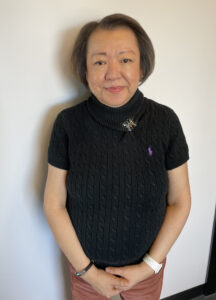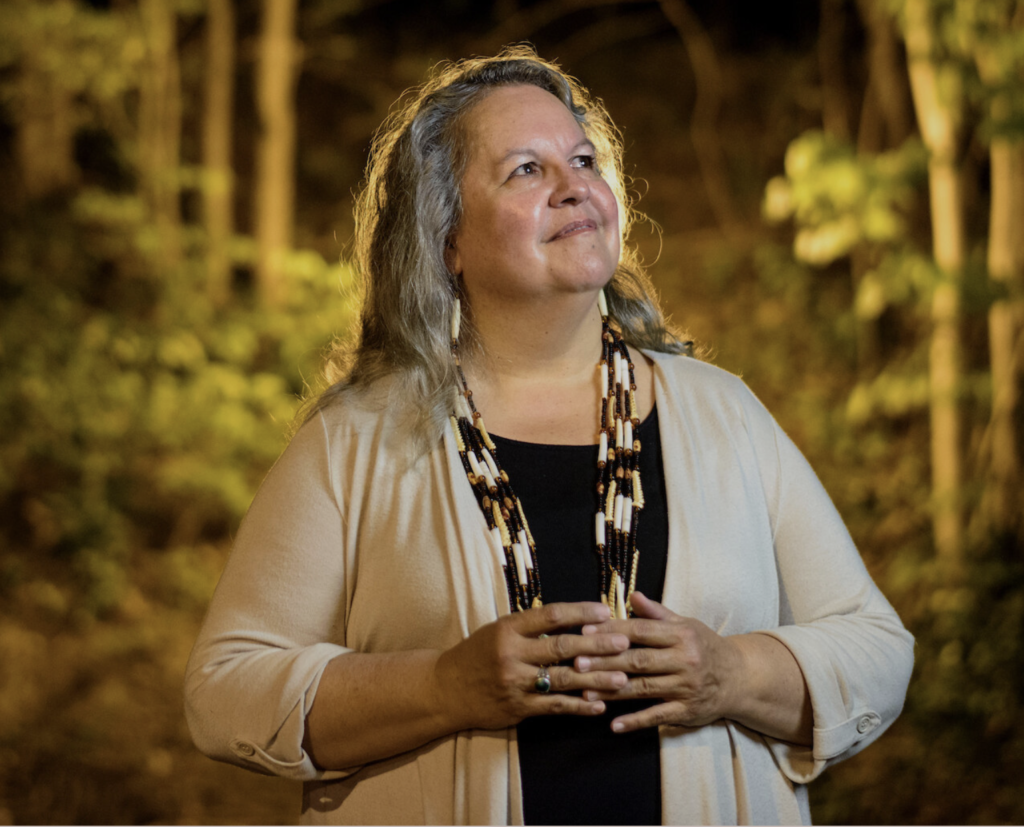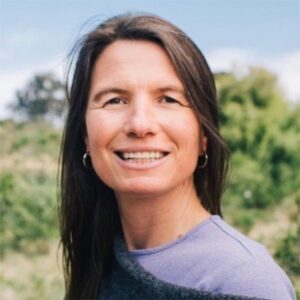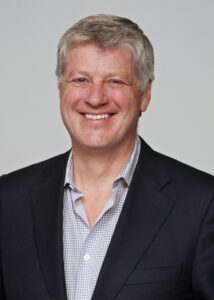Your cart is currently empty!

Indigenous Dialogue: Walk in Beauty
- This event has passed.
July 24, 2022 @ 6:00 pm – 8:00 pm CEST


Indigenous Dialogue: Walk in Beauty
with Leroy Little Bear, Jeannette Armstrong, Greg Cajete, Amethyst First Rider, Robin Wall Kimmerer, Melissa Nelson, John Briggs, Harvey Locke and Lee Nichol
Facilitated by Leroy Little Bear
Sunday July 24, 2022
9:00 PDT | 12:00 EDT | 17:00 BST | 18:00 CEST
2-hour session
The session is live and you will be sent the RECORDING.
In Memory of Rose Imai
The concept of “ecological niche” has gained much traction since the early 20th century, with many hundreds of plant and animal species now thoroughly assessed, analyzed, and categorized under this rubric. But what is the ecological niche of homo sapiens – of us, human beings? We know that, like any other species, humans exist in a very narrow band of specific conditions within which we can live and flourish. With the onset of the Anthropocene – the “new human” era – those specific conditions have increasingly come under assault, threatening the well-being not only of homo sapiens, but of all life, of the entire planet.
In this dialogue we will question whether utilitarian conservation – an approach that subtly or overtly emphasizes the benefit of conservation for humans – is sufficient to address the many implications of life in the Anthropocene. We will consider the prospect of relational conservation, which is innate to indigenous worldviews. In relational conservation, all of existence is considered animate, and the intricate web of connections between “all my relations” is not a metaphor – it is the fundamental reality that must be steadily held in view.
While exploring the implications of these different approaches to conservation, our dialogue will also examine the tacit infrastructures of the currently dominant “western paradigm.” Through such examination, we may come to a clearer understanding of wholeness and fragmentation, and perhaps see a way forward to fundamental shifts in our underlying metaphysics. We may begin to see glimmerings of what our Navajo brothers and sisters mean when they say, “May you walk in beauty.”
To see the Full Beyond Bohm Program
The Panel

Leroy Little Bear, PhD. Blackfoot Native—Professor Emeritus University of Lethbridge, Canada.
Leroy Little Bear was born and raised on the Blood Indian Reserve (Kainai First Nation), approximately 70 km west of Lethbridge, Alberta. One of the first Native students to complete a program of study at the University of Lethbridge, Little Bear graduated with a Bachelor of Arts Degree in 1971. He continued his education at the College of Law, University of Utah, in Salt Lake City, completing a Juris Doctor Degree in 1975.
Following his graduation, Little Bear returned to his alma mater as a founding member of Canada’s first Native American Studies Department. He remained at the University of Lethbridge as a researcher, faculty member and department chair until his official retirement in 1997.
In recent years Little Bear has continued his influential work as an advocate for First Nations education. From January 1998 to June 1999 he served as Director of the Harvard University Native American Program. Upon his return to Canada, he was instrumental in the creation of a Bachelor of Management in First Nations Governance at the University of Lethbridge—the only program of its kind in the country.
In the spring of 2003, Little Bear was awarded the prestigious National Aboriginal Achievement Award for Education, the highest honour bestowed by Canada’s First Nations community. Little Bear is the recipient of honorary doctorates from the University of Lethbridge and the University of Northern British Columbia. Along with his wife, Amethyst First Rider, Little Bear brought about the historic Buffalo Treaty between First Nations on both sides of the USA-Canada border in 2014. Little Bear was inducted into the Alberta Order Excellence and the Order of Canada in 2016 and 2019 respectively.
After a lifetime of educational service, Little Bear remains a dedicated and dynamic teacher and mentor to students and faculty at the University of Lethbridge. He continues to pursue new research interests including North American Indian science and Western physics, and the exploration of Blackfoot knowledge through songs, stories and landscape.
While his educational achievements are remarkable, Little Bear’s contribution to the First Nations community extends well beyond the classroom. He has served as a consultant to local and national organizations including the Blood Tribe, Indian Association of Alberta and the Assembly of First Nations of Canada. His notable reputation has also earned him a place on numerous government commissions and boards including the Task Force on the Criminal Justice and Its Impact on the Indian and Metis Peoples of Alberta (1990-91). Little Bear’s legal advice is widely sought on such significant issues as land claims, treaties, and hunting and fishing rights.
Dr Little Bear is the co-author of several books on self-government and Aboriginal rights, including Pathways to Self Determination, Quest For Justice, and Governments in Conflict. His credits also include a variety of influential articles such as, ‘A concept of Native Title,’ which was cited in a Canadian Supreme Court decision.

Jeannette Armstrong, Syilx Okanagan, is Associate Professor and Canada Research Chair in Indigenous Okanagan Philosophy at UBC Okanagan Campus. She is a fluent speaker and teacher of the Nsyilxcn Okanagan language, and a traditional knowledge keeper of the Okanagan Nation. She is a founder of En’owkin, the Okanagan Nsyilxcn language and knowledge institution of higher learning of the Syilx Okanagan Nation. She holds a Ph.D. in Environmental Ethics and Syilx Indigenous Literatures.
Jeannette is the recipient of the Eco Trust USA Buffett Award in Indigenous Leadership, and in 2016 received the BC George Woodcock Lifetime Achievement Award. She is an author whose published works include poetry, prose and children’s literary titles, and academic writing on a wide variety of Indigenous issues. She currently serves on Canada’s Traditional Knowledge Subcommittee of the Committee on the Status of Endangered Wildlife in Canada. Jeannette was recently named to the class of 2021 as a Fellow in the Royal Society of Canada.
Some of her publications include:
- Slash. Theytus, 1987; revised edition, 1998.
- Whispering in Shadows. Theytus Books, 1999.
- Breathtracks. Theytus, 1991.
- Enwhisteetkwa; Walk in Water (for children). Theytus, 1982.
- Neekna and Chemai (for children), illustrated by Barbara Marchand. Theytus, 1984.
- with Douglas Cardinal. The Native Creative Process: A Collaborative Discourse. Theytus, 1992.

Gregory Cajete is a Native American educator whose work is dedicated to honoring the foundations of Indigenous knowledge in education. Dr. Cajete is a Tewa Indian from Santa Clara Pueblo, New Mexico.
Dr. Cajete is a practicing ceramic, pastel and metal artist. He is extensively involved with art and its application to education. He is also a scholar of herbalism and holistic health. Dr. Cajete also designs culturally-responsive curricula geared to the special needs and learning styles of Native American students.
He worked at the Institute of American Indian Arts in Santa Fe, New Mexico for 21 years. While at the Institute, he served as Dean of the Center for Research and Cultural Exchange, Chair of Native American Studies and Professor of Ethno- Science. He is the former Director of Native American Studies (18 years) and is Professor Emeritus in the Division of Language, Literacy and Socio Cultural Studies in the College of Education at the University of New Mexico. In addition, he has lectured at colleges and universities in the U.S., Canada, Mexico, New Zealand, Italy, Japan, Russia, Taiwan, Ecuador, Peru, Bolivia, England, France and Germany.
Dr. Cajete has authored 10 books: “Look to the Mountain: An Ecology of Indigenous Education,” (Kivaki Press, 1994); “Ignite the Sparkle: An Indigenous Science Education Curriculum Model”, (Kivaki Press, 1999); “Spirit of the Game: Indigenous Wellsprings (2004),” “A People’s Ecology: Explorations in Sustainable Living,” and “Native Science: Natural Laws of Interdependence” (Clear Light Publishers, 1999 and 2000). “Critical Neurophilosophy and Indigenous Wisdom,” Don Jacobs (Four Arrows), Gregory Cajete and Jongmin Lee) Sense Publishers, 2010. “Indigenous Community: Teachings of the Seventh Fire,” (Living Justice Press, 2015). His most recent books are edited volumes entitled: “Native Minds Rising” and “Sacred Journeys” (John Charlton Publications, 2020). Dr. Cajete also has chapters in 36 other books along with numerous articles and over 350 national and international presentations.

Amethyst First Rider is a member of the Kainai Nation, Blackfoot Confederacy, Alberta, Canada and married to Leroy Little Bear. She is a leader in the performing arts community for more that 20 years, producing and directing plays depicting Aboriginal stories and culture. Her experience in the arts has included dance productions, consulting for the University of California, Berkeley’s planetarium, as well as narration and production in the National Film Board’s documentary: Kainayssini Imanistaiswa, The People Go On. She co-conceived Iniskim an immersive puppet lantern performance celebrating the reintegration of Bison into the natural ecosystem of Banff National Park. She is central to the development and success of The Buffalo: A Treaty of Cooperation, Renewal and Restoration signed by over 30 First Nations and Tribes in Canada and the USA. It is the biggest modern Treaty amongst First Nations. Its purpose is to “one again welcome the Buffalo to live among us” and it recognizes “Buffalo as a wild free-ranging animal and as an important of the ecological ecosystem.” She is also a founding-advisor to the Kainai Ecosystem Protection Association.

Robin Wall Kimmerer is a mother, scientist, decorated professor, and enrolled member of the Citizen Potawatomi Nation. She is the author of Braiding Sweetgrass: Indigenous Wisdom, Scientific Knowledge and the Teachings of Plants, which has earned Kimmerer wide acclaim. Her first book, Gathering Moss: A Natural and Cultural History of Mosses, was awarded the John Burroughs Medal for outstanding nature writing, and her other work has appeared in Orion, Whole Terrain, and numerous scientific journals. She tours widely and has been featured on NPR’s On Being with Krista Tippett and in 2015 addressed the general assembly of the United Nations on the topic of “Healing Our Relationship with Nature.” Kimmerer is a SUNY Distinguished Teaching Professor of Environmental Biology, and the founder and director of the Center for Native Peoples and the Environment, whose mission is to create programs which draw on the wisdom of both indigenous and scientific knowledge for our shared goals of sustainability.
As a writer and a scientist, her interests in restoration include not only restoration of ecological communities, but restoration of our relationships to land. She holds a BS in Botany from SUNY ESF, an MS and PhD in Botany from the University of Wisconsin and is the author of numerous scientific papers on plant ecology, bryophyte ecology, traditional knowledge and restoration ecology. As a writer and a scientist, her interests in restoration include not only restoration of ecological communities, but restoration of our relationships to land. She lives on an old farm in upstate New York, tending gardens both cultivated and wild.

Melissa K. Nelson is an ecologist and Indigenous scholar-activist. She earned her Ph.D. in ecology at the University of California, Davis. Formerly a professor of American Indian Studies at San Francisco State University, she now teaches at Arizona State University in the School of Sustainability, Global Futures Laboratory. From 1993 to 2021, she served as the founding executive director and CEO of the Cultural Conservancy. She now serves as their president emerita. Melissa is the Bundle Holder for the Native American Academy. She is a contributor and co-editor of Traditional Ecological Knowledge: Learning from Indigenous Practices for Environmental Sustainability published by Cambridge University Press in 2018. She is also a contributor and the editor of Original Instructions: Indigenous Teachings for a Sustainable Future (2008). She is Anishinaabe/Métis/Norwegian and a member of the Turtle Mountain Band of Chippewa Indians.

John Briggs, PhD, taught for 25 years at Western Connecticut State University. He has taught aesthetics, journalism, and creative writing and served as co-chair of the English Department; he was one of the founders of the Department of Writing, Linguistics and Creative Process and one of the principal developers of the MFA in Professional and Creative Writing. He is now Emeritus Distinguished Professor of Writing and Aesthetics at WCSU. Among his many publications are three books he co-authored with David Peat, Looking Glass Universe (1984), Turbulent Mirror: An Illustrated Guide to Chaos Theory and the Science of Wholeness (1989), and Seven Life Lessons of Chaos (1999). He lives in the New England town of Granville, Massachusetts.

Dr. Harvey Locke is a conservationist, writer and photographer who lives in Banff National Park, Canada. He works on protecting the natural world and humanity’s relationship with nature at all scales from local to global. He has a particular interest in both the patterns and processes of nature and in shared narratives that genuinely engage both western science and other knowledge systems to build an equitable, nature positive and carbon neutral world. He is a co-founder of the Yellowstone to Yukon Conservation Initiative, the global Nature Needs Half Movement and the Nature Positive global goal for nature.

Lee Nichol is a freelance writer and editor. His latest works are Entering Bohm’s Holoflux and, as editor, the forthcoming Holoflux:Codex – Form/Movment/Vision inspired by David Bohm (both from Pari Publishing). He was a long-time friend and collaborator of David Bohm, and is editor of Bohm’s On Dialogue, The Essential David Bohm, and On Creativity.
Lee has been on the faculty of the Arthur Morgan School in Celo, North Carolina; the Oak Grove School in Ojai, California; the Tibetan Nyingma Institute in Berkeley, California; and Denver University in Denver, Colorado. He sits on the Advisory Committee of the Pari Center, the Advisory Council of the Indigenous Education Institute, and is a member of the Founding Circle of the Native American Academy. Lee lives in Albuquerque, New Mexico with his wife Eva Casey.
